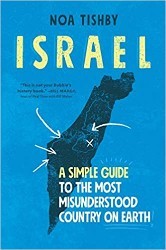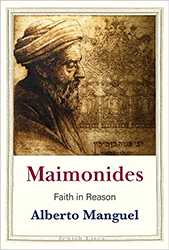September 1, 2019
During the early years of the Arab-Jewish conflict in Palestine, the parties repeatedly used the law to gain leverage against each other and influence international opinion. By the late 1920s and 1930s, the conflict had become as much a battle fought in the courtroom as in the streets, playing out in three separate trials, focusing primarily on two issues: the legality of the Balfour Declaration and the Mandate for Palestine; and the parties’ rights and claims to the Wailing Wall. In two instances — the Shaw Commission in 1929 and the Lofgren Commission in 1930 — Arabs and Jews faced off against each other in full-blown trials before British and international judges. Outside counsel made opening statements and closing arguments, introduced exhibits, and cross-examined each other’s witnesses under oath. In a third instance, the 1936 – 37 Peel Commission, the parties used witness testimony and extensive written submissions to continue their legal advocacy. The arguments the parties made in those three trials continue resonating in the conflict today, nearly one hundred years later.




